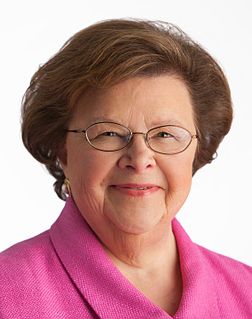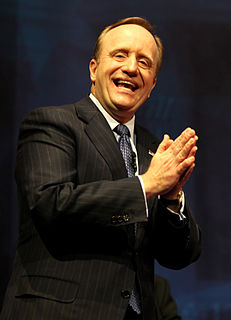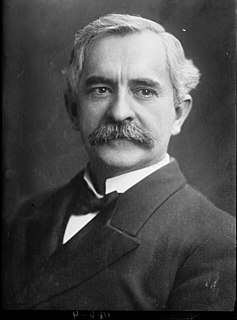A Quote by Ravish Kumar
The lifespan of faith and culture is much more than the ones who play politics in its name.
Related Quotes
A faith in culture is as bad as a faith in religion; both expressions imply a turning away from those very things which culture and religion are about. Culture as a collective name for certain very valuable activities is a permissible word; but culture hypostatized, set up on its own, made into a faith, a cause, a banner, a platform, is unendurable. For none of the activities in question cares a straw for that faith or cause. It is like a return to early Semitic religion where names themselves were regarded as powers.
In the French culture, they talk politics. I didn't find it was part of our culture to have political arguments at the table. My husband's family will get into major politics, and it's not an aggressive thing. It's so interesting and you learn so much, whether it's Right or Left, and that to me has been really great.
The really interesting moment will be when you have a critical mass of people engaging through the networks, more than through the press and TV. When that happens, the culture of politics has to change, moving away from controlled one-way messages towards a political culture that is more questioning.
We know of no spectacle more ridiculous—or more contemptible—than that of the religious reactionaries who dare to re-write the history of our republic. Or who try to do so. Is it possible that, in their vanity and stupidity, they suppose that they can erase the name of Thomas Jefferson and replace it with the name of some faith-based mediocrity whose name is already obscure? If so, we cheerfully resolve to mock them, and to give them the lie in their teeth.
When it comes to politics, we have an internal glass ceiling. We stand as good a chance as a man to win a political race, but women don't want to run at the same rate as men do. People point to the work-family balance issue, but I think it's much more than that. Many women don't have children, or have children who are no longer at home. There are some deeper psychological and emotional issues in play, like the fact that many of us feel like the embarrassment, humiliation and personal demonization in politics are simply more than our hearts can take. What stops us is fear.
We need a quickening of faith; faith in the power of the God of Pentecost to convict and convert three thousand in a day. Faith, not in a process of culture by which we hope to train children into a state of salvation, but faith in the mighty God who can quicken a dead soul into life in a moment; faith in moral and spiritual revolution rather than evolution.

































